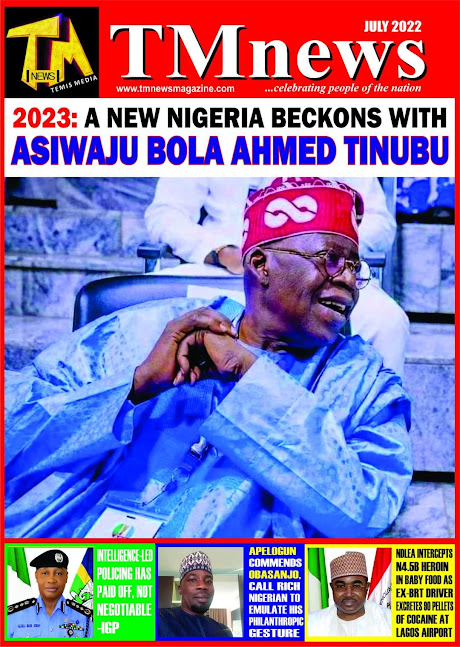The Alaafin of Oyo, Oba [Dr.] Lamidi Olayiwola Adeyemi 11, has
stressed the need for stronger ties that bind the Britain and Nigeria.
Oba Adeyemi gave the admonition yesterday when the British Deputy High
Commissioner, Kagos, Harriet Thompson, paid him a courtesy visit in his ancient palace in Oyo town.
Harriet was accompanied by the Deputy Head of Political Desk, Stuart Garoner, and the Political Adviser, British Deputy High Commission , Lagos, Wale Adebajo.
The monarch sad such links like cultural, linguistic, historical and
business between the two countries should wax stronger and not weaker.
‘’The two countries are already strong partners and it is the human
bond which brings them together. That is a bond which I believe will
never be broken. Indeed, it is a bond which I believe can only get
stronger during the difficult years ahead. We all have a part to play
in strengthening those bonds’’.
Alaafin noted that it is Germaine to lay emphasis that the relationship between the Yoruba nation and the British Empire predated
the amalgamation of the present Nigeria by Sir [Lord] Fredrick Lugard in 1914 as a sovereign united country.
.
‘According to him, "as early as 1881 consequent upon the fratricidal war ravaging the Yoruba nation, my great grandfather, His Imperial Majesty, King Adeyemi 1 [1875-1905] and head of Yoruba nation addressed a letter
dated 15th October 1881 through the then His Excellency, Leut. Governor W.B. Griffiths to the Imperial Majesty, Queen of England and the Government of England. The letter contained the disturbance in Yoruba
nation by a desultory war, and which had not only put a stop to all trades, but impoverished the Yoruba nation with thousands of lives
perished by deaths or hopeless slavery’’.
In the same vein, Oba Adeyemi hinted that his grandfather on the same day also wrote a letter through Right Reverend J.B. Wood of the Anglican mission in Britain to approach Her Majesty, the Queen of England and the Empress of India on the need to stop the desultory war ravaging Yoruba land.
Said he, ‘’happily, the effort of the Alaafin paid off, the British intervened and through these efforts on both sides, i.e the Alaafin
and the British agents, the war was stopped and peace was restored in 1886’’.
He pointed out that the indigenous Yoruba political administration has a lot of similarities with the British political system, adding that
like the British, the Yoruba political system was monarchical with the Queen being the head of British nation, just as the Alaafin being the King of the Yoruba nation.
Another similarity, Alaafin mentioned, was the theory of separation of power, especially with regards to strict adherence to the due process and the rule of law.
‘’The foresight of the Alaafin Adeyemi 1, when he surrendered the Yoruba nation to the British for commerce, education and unfettered access of British subjects into Yoruba nation and Nigeria in general,
as well as the Yorubas and Nigerians into Britain through a treaty signed February 3rd 1893 paid off for both sides’’..
Earlier, the British Deputy High Commissioner said there visit was to strengthen the agelong relationship and the need for peace and mutual co existence among the people which us panacea for sustainable democratic governance .
‘’ That shared belief and confidence in democracy, the Deputy High Commissioner asserted, forms part of our future together as nations, aswell encouraging others in Africa and beyond Africa to take the same path
towards democracy. That shared belief and confidence in democracy is
just one example of our wider shared values".
Highlights of the visit were the presentation,and exchange of gifts, as well as traditional performances to entertain the visitors.



































No comments:
Post a Comment